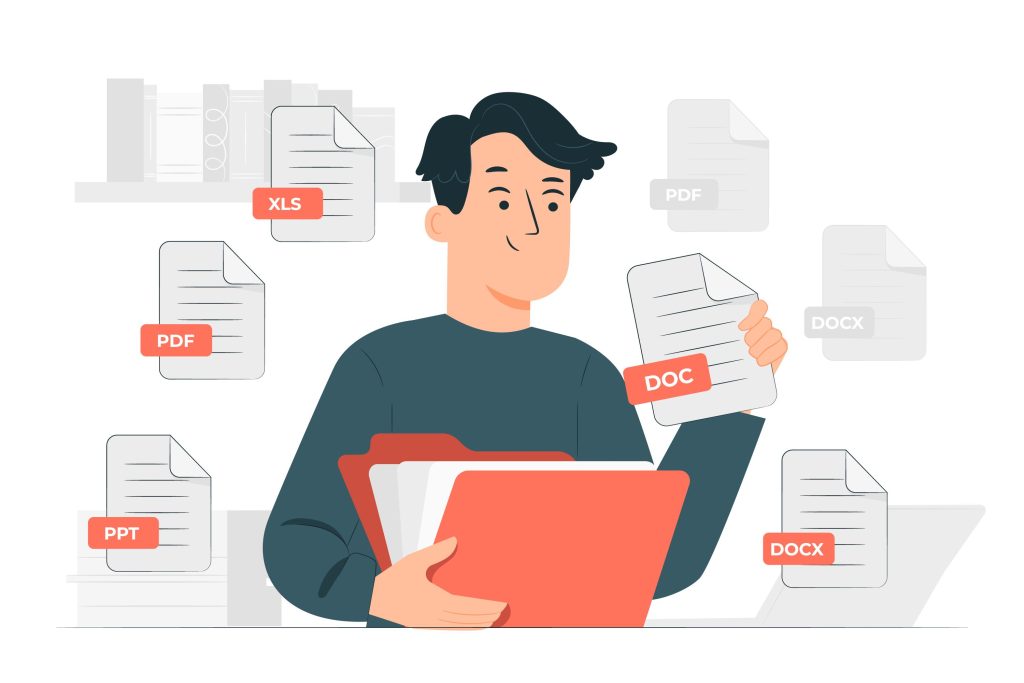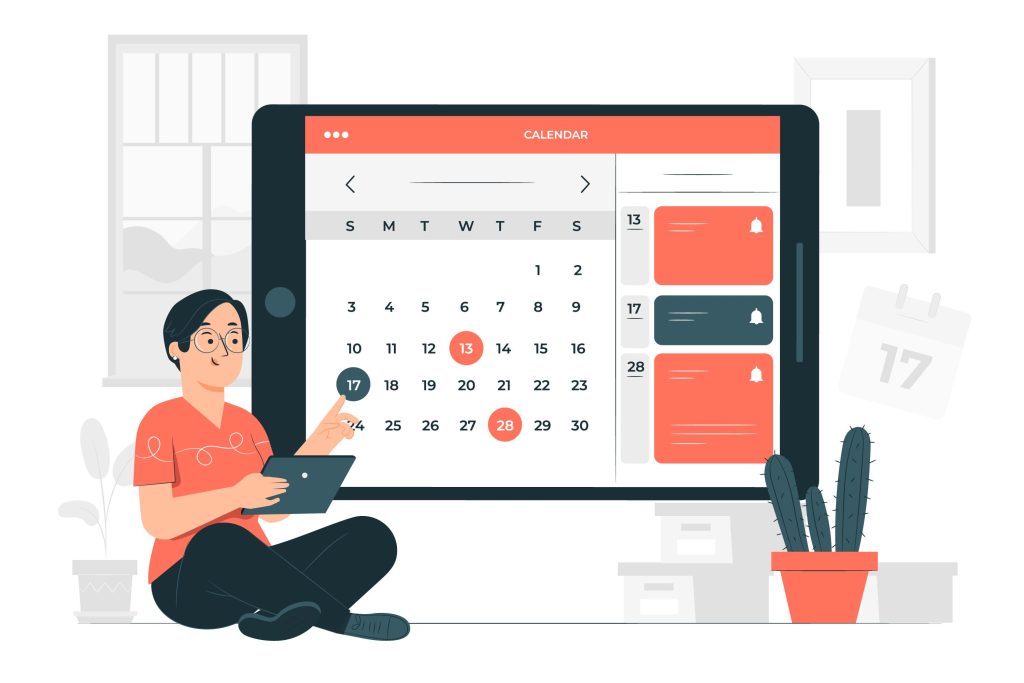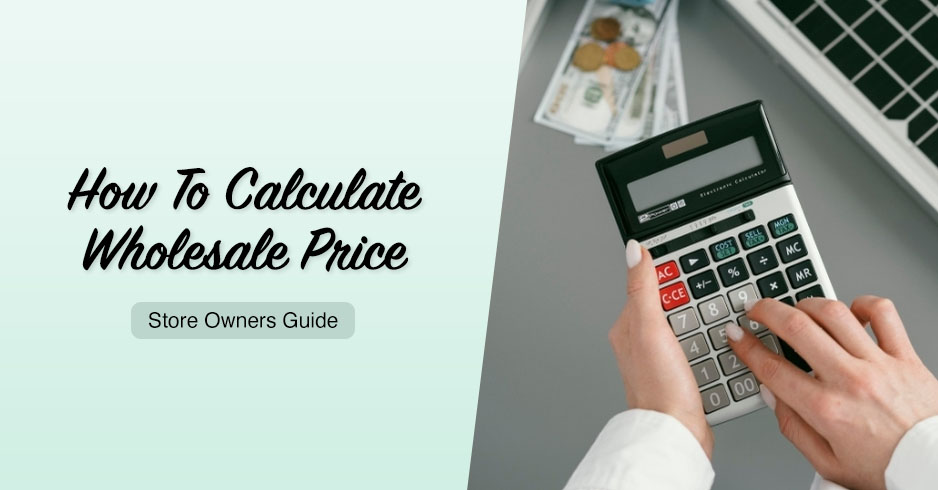
Wholesale accounting may not be the most fun aspect of your company, but it is critical for tracking sales, expenses, and profits. And, let’s be honest, no one wants to deal with a financial disaster. As a business owner, you would want to stay on top of your finances and make informed executive decisions.
Fortunately, in this article, we’ve provided 10 powerful wholesale accounting tips that will make managing your finances a walk in the park. We’ll go through everything from tracking sales, spending, and profits to understanding cash flow and creating a budget that works for your business model. Let’s get into it!
10 Powerful Wholesale Accounting Tips For Your Business
You love the thrill of running a wholesale business, don’t you? The excitement of making sales, building relationships with suppliers, and growing your customer base is exhilarating. But, let’s be real, keeping track of all your daily business transactions can be a bit of a chore.
You’re not alone – many business owners get so caught up in the day-to-day operations that they forget to keep proper records. But, here’s the deal: if you don’t keep track of your business transactions, you’re headed for a major headache.
To help you know how your wholesale business is fairing, below are ten quick book tips for your wholesale business:
1. Separate Records For Personal And Business Transactions
It’s exciting to start a wholesale business, but it’s essential to keep your personal and business finances separate. Combining the two can result in bookkeeping problems and drawbacks down the road.

It is important to open a separate account for your company transactions to avoid this. This will help you in creating a clear audit record for your company and make it easier to manage your financial resources.
When you have separate accounts, you’ll be able to track your business expenses and income accurately. Plus, it will make tax time a lot less stressful since you won’t have to sift through personal transactions to determine what’s business-related.
2. Update Your Wholesale Accounting Records Regularly
Keeping your wholesale business records up to date is crucial for evaluating its performance and making sound financial decisions. Without accurate records, it’s impossible to get a clear picture of your business’s financial health.
Make it a habit to update your records regularly, whether it’s daily, weekly, or monthly. If you’re not comfortable with bookkeeping, consider hiring a professional to keep your records updated for you. You can even hire an independent bookkeeping expert at a lower cost than a full-time record-keeping firm.

To update your records, keep a proper paper trail of all your business transactions. Keep copies of bank statements, invoices, bills, and receipts to provide a clear record trail for auditing your business transactions. This will not only help you manage your finances but also make tax time convenient.
3. Secure Your Financial Records
How are you keeping your business’s financial records? Are all your financial records in your office secure enough? What if a fire breaks out in your store, will you be able to save them?
Keep all your business’s financial records secured, more especially consider storing all your files offsite in the event of any natural disaster or fire. When your business records are stored offsite in a secure server, it will be easy for you to retrieve all your financial records in case of any event.

Nowadays, technology has made it easy to store extensive information offsite; you can take advantage of that. Alternatively, you can decide to invest in a commercial-grade scanner where you can scan all your financial records and then store them.
4. Synchronize Your Bank Statements
Keeping track of all your wholesale business’s finances might be difficult, but syncing your bank statements can help. Request that your bank synchronize all of your statements at the end of the month.

This will allow you to swiftly and accurately generate and record your financial statements. It will also provide you with a comprehensive picture of your company’s economic performance for the month.
If you use a business credit card, sync it with your bank statements on a regular basis to have a clear cutoff of all your company’s financial transactions. This will help you avoid missing any key purchases and ensure you have an accurate record of the financial activity of your wholesale firm.
5. Hidden Calculator
When you are summarising some business transactions like an invoice, bill, etc. a quick book is not like excel that will show you the formula, just input the numbers then press (+)/(-)/(x) and continue with the next numbers till you are done. Once you are done, hit the tab and the result will be shown.
6. Business Planning
Do you have a vision for your wholesale business? Well, you can reach those goals if you have a good track record of your business and you can be able to make the right decisions quickly.

QuickBooks is an excellent resource for operational planning since it integrates seamlessly with other business software. By referring to your QuickBooks records when modifying your activity plan, you can promptly assess your business’s performance and identify areas that require greater attention and effort.
7. Paying Your Employees
Do you have employees in your store and you are aware of how you can pay them using your QuickBooks? Well, QuickBooks have the option to create a payroll schedule for your employees.
All you need to do is to pick the employee that you want to pay, choose the edit button, and switch to the payroll and compensation info tab. This allows a better overview of your overhead employment costs and whether you will need to reduce manpower, increase overtime or hire more staff.

8. Memorized Transactions
QuickBooks features a function called “Memorized Transactions,” which allows the software to remember recurring transactions like invoices, bills, and checks. In QuickBooks, you can program the transaction that you want to remember to appear in your records at a specific time. This can save you time and effort by eliminating the need to manually enter the same transaction repeatedly.

9. Customize Preferences
After building a record of your transactions, you can personalize QuickBooks to your individual needs and preferences. This can streamline the procedure and make bookkeeping easier for you.
By making it simple to use, you will be more likely to enter your transactions accurately and regularly. This can assist guarantee that your financial records are up-to-date and correct, which is important for making informed company decisions.

Plus, you can speed up your bookkeeping process and reduce the possibility of errors or confusion.
10. Merging Similar Accounts
Sometimes you might find that your employees have created different accounts that are similar. To make your work easier, merging these accounts is the best option.
Running a wholesale business involves more than just taking orders and receiving money, proper bookkeeping is as equally important if you want to avoid issues down the road.
Without good book records of your business, you cannot know how your business is doing, whether it is growing and progressing, or whether are you on a brink of failure.
Conclusion
Accounting is like the financial heartbeat of your wholesale business. Just like how you monitor your own health by keeping track of your heart rate and other vital signs, accounting helps you monitor your business’s financial health by keeping track of its revenue, expenses, and profits.
While it’s not always simple to get down and start facing your books, we compiled 10 powerful accounting tips for your business to make it easier for you:
- Separate Records For Personal And Business Transactions
- Update Your Wholesale Accounting Records Regularly
- Secure Your Financial Records
- Synchronize Your Bank Statements
- Hidden Calculator
- Business Planning
- Paying Your Employees
- Memorized Transactions
- Customize Preferences
- Merging Similar Accounts
Do you have any questions about wholesale accounting? Let us know in the comments!



